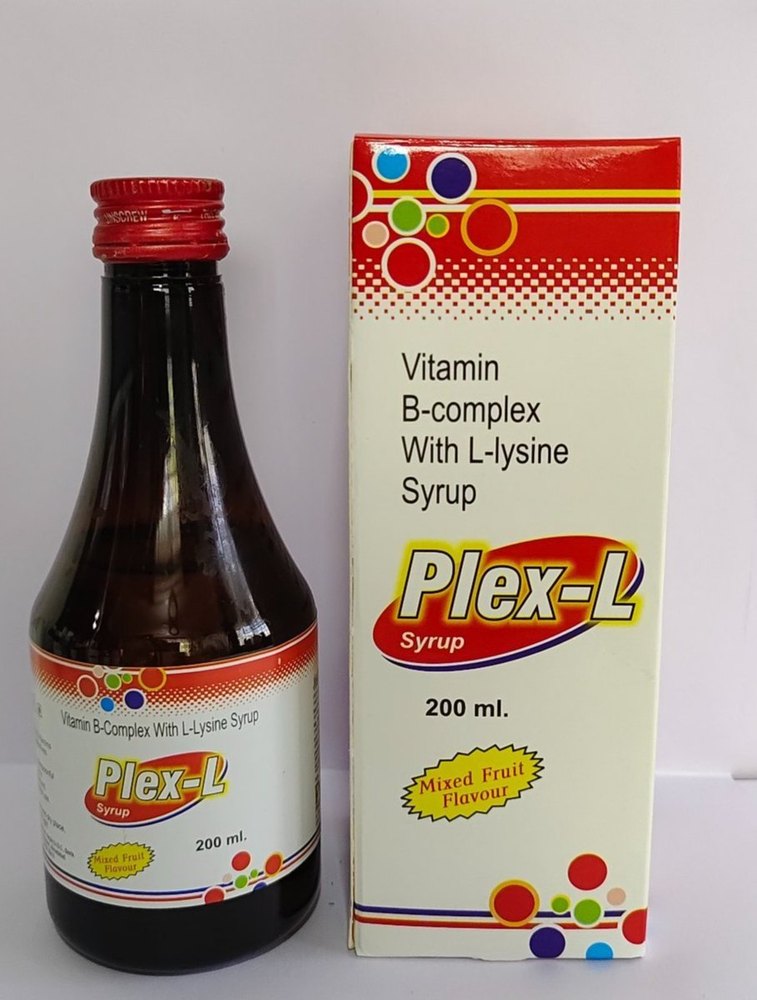Klinda A
Klinda A Gel is a topical medication that combines two active ingredients: Adapalene (0.1% w/w) and Clindamycin (1% w/w). Adapalene is a retinoid-like compound that helps to normalize skin cell growth and reduce the formation of acne lesions, while Clindamycin is an antibiotic that helps to reduce acne-causing bacteria and inflammation.
₨150.00
Ask about productDescription
Klinda A Gel
Overview: Klinda A Gel is a topical medication that combines two active ingredients: Adapalene (0.1% w/w) and Clindamycin (1% w/w). Adapalene is a retinoid-like compound that helps to normalize skin cell growth and reduce the formation of acne lesions, while Clindamycin is an antibiotic that helps to reduce acne-causing bacteria and inflammation.
Indications: Klinda A Gel is used for the topical treatment of:
- Mild to Moderate Inflammatory Acne Vulgaris: This includes acne characterized by redness, swelling, and inflammation (e.g., papules and pustules).
- Non-inflammatory Acne: This refers to acne with blackheads (open comedones) and whiteheads (closed comedones).
- Acne Vulgaris where Comedones, Papules, and Pustules Predominate: It is particularly effective for acne where blackheads, whiteheads, small red bumps (papules), and pus-filled bumps (pustules) are the main features.
- It can be used alone or in combination with other anti-acne products, as advised by your healthcare provider in Mechinagar.
Dosage and Administration
Adults:
- Apply a thin film of gel to the affected area of the skin once daily, typically in the evening before going to bed.
Children:
- The safety and effectiveness of Klinda A Gel in children under the age of 12 have not been established.
Renal Dose:
- As this is a topical gel, specific dosage adjustments for kidney impairment are generally not necessary.
Administration:
- Before applying the gel, cleanse the skin with a mild soap or a soap-free cleanser, then rinse thoroughly with water.
- Apply a small amount of the gel with clean fingers and gently rub it into the skin.
- Use just enough gel to lightly cover the entire affected area.
Important Considerations
Contraindications: Do not use Klinda A Gel if you have a history of hypersensitivity (allergic reaction) to:
- Clindamycin
- Lincomycin (another antibiotic related to clindamycin)
- Adapalene
- Also, do not use if you have a history of regional enteritis, ulcerative colitis, or antibiotic-associated colitis.
Precautions:
- Systemic Absorption of Clindamycin: Even when applied topically, some clindamycin can be absorbed into the body. There have been rare reports of diarrhea, bloody diarrhea, and colitis (including pseudomembranous colitis – a severe bowel inflammation) with topical clindamycin. These issues are more commonly associated with oral or injected clindamycin and can even begin several weeks after stopping treatment. If you experience severe or bloody diarrhea, stop using the gel and contact your doctor immediately.
- Adapalene Specific Precautions:
- Do not apply Adapalene to areas with cuts, scrapes, sunburned skin, or eczema.
- Avoid contact with the eyes, mouth, angles of the nose, and other very sensitive areas of the body. If accidental contact occurs, immediately wash the area thoroughly with warm water.
- Sun Sensitivity: Adapalene increases your skin’s sensitivity to sunlight and artificial UV light (like tanning beds). Avoid prolonged exposure to these. It is highly recommended to use sunscreen products (e.g., SPF 30 or higher) and wear protective clothing over treated areas when outdoors.
- Lactation (Breastfeeding): It is unknown if Adapalene or Clindamycin are excreted in breast milk when applied topically. Use with caution, and consult your doctor in Mechinagar if you are breastfeeding.
Drug Interactions:
- Clindamycin Interactions: Clindamycin has properties that can enhance the action of neuromuscular blocking agents (medications used during surgery to relax muscles). Therefore, it should be used with caution in patients receiving such agents.
- Adapalene Interactions: There are no known interactions with other medications that might be used cutaneously (on the skin) concurrently with Adapalene. However, other retinoids or drugs with a similar mode of action should not be used concurrently with adapalene.
Adverse Effects (Side Effects):
- Local Effects (at the application site, often common): Burning sensation, itching, dryness, redness (erythema), and peeling.
- Systemic Effects (less common with topical clindamycin, but possible):
- Cases of diarrhea, bloody diarrhea, and colitis (including pseudomembranous colitis) have been reported as adverse reactions in patients treated with oral and parenteral formulations of clindamycin and rarely with topical clindamycin.
- Abdominal pain and gastrointestinal disturbances, as well as Gram-negative folliculitis (inflammation of hair follicles), have also been reported in association with the use of topical formulations of clindamycin.
- Adapalene Specific Side Effects (at the site of application):
- Common (may affect up to 1 in 10 people): Dry skin, skin irritation, burning sensation of the skin, redness of the skin (erythema).
- Uncommon (may affect up to 1 in 100 people): Local skin reaction (contact dermatitis), skin discomfort, sunburn, itching of the skin (pruritus), peeling skin (exfoliation), flare-up of acne (this can occur at the beginning of treatment before improvement).
Mechanism of Action:
- Clindamycin: Works by inhibiting bacterial protein synthesis. It reversibly binds to the 50S subunit of bacterial ribosomes, blocking the processes that bacteria need to build proteins. This action effectively stops the growth of susceptible organisms, particularly P. acnes, which contributes to acne.
- Adapalene: Binds to specific retinoic acid nuclear receptors in skin cells. This binding helps to normalize the differentiation (maturation) of follicular epithelial cells, which are cells lining the hair follicles. This normalization ultimately leads to a decreased formation of microcomedones (tiny precursors to blackheads and whiteheads), which are the initial lesions of acne.
Note: Klinda A 0.1% w/w + 1% w/w Gel is manufactured by Kasturi Pharmaceuticals. Its generic name is Adapalene + Clindamycin Topical. Klinda A is available in Nepal. This information, provided by Farmaco Nepal drug index, is for general reference and is not intended for diagnosis, medical advice, or treatment. It should not be considered a substitute for the professional judgment of a healthcare provider in Mechinagar, Koshi Province, Nepal, or any other location. Always consult a qualified medical professional for specific health concerns or before starting any new medication.
Additional information
| form | Gel |
|---|







Reviews
There are no reviews yet.